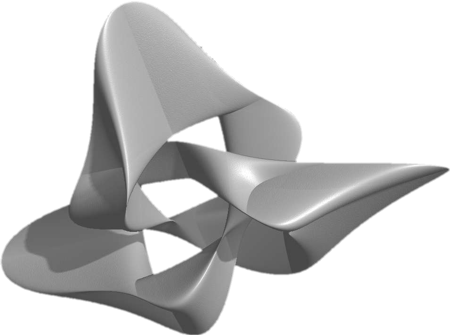A Comparison of Jungian and Freudian Psychology
Carl Jung and Sigmund Freud made significant contributions to the field of psychology, however their theories and approaches differed in key aspects. Jung’s emphasis on the collective unconscious, archetypes, and individuation contrast with Freud’s focus on the personal unconscious, psychosexual development, and the role of sexuality.
Carl Gustav Jung, born in 1875 in Switzerland, was a Swiss psychiatrist and psychoanalyst who founded analytical psychology. Jung initially followed Sigmund Freud and his psychoanalytic theories but later developed his own ideas and concepts that differed from Freud’s. Jung’s contributions to psychology include the concepts of the collective unconscious, archetypes, and psychological types. His work has had a profound influence on psychology, psychiatry, anthropology, archaeology, literature, and religious studies.
Jung’s major works include “Psychological Types,” “The Archetypes and the Collective Unconscious,” and “Memories, Dreams, Reflections.” His exploration of the unconscious mind and its symbols has shaped modern psychology and continues to influence various fields of study.
To explore Jung’s symbolic psyche is to stand at a threshold. On one side lies the familiar: the rational, the explainable, the measured. On the other side lies the mythic: the realm where symbols move, where archetypes whisper, and where the journey of individuation calls.
As Jung himself wrote, “Your visions will become clear only when you can look into your own heart.”
Sigmund Freud, born in 1856 in Austria, was an Austrian neurologist and the founder of psychoanalysis. Freud is best known for his theories of the unconscious mind, the Oedipus complex, and the defense mechanisms. His work laid the foundation for modern psychology, and he is considered one of the most influential figures in the history of psychology.
Freud’s major works include “The Interpretation of Dreams,” “The Ego and the Id,” and “Civilization and Its Discontents.” His focus on the role of the unconscious in shaping human behavior and personality has had a lasting impact on the field of psychology.
Comparison of Jungian and Freudian Psychological Studies
Theory of the unconscious: Freud believed that the unconscious mind was the primary driving force behind human behavior, containing repressed desires, memories, and emotions. He divided the mind into three parts: the conscious, the preconscious, and the unconscious. In contrast, Jung introduced the concept of the collective unconscious, a universal, inherited reservoir of experiences that all humans share. Jung’s collective unconscious contains archetypes, universal symbols that appear in myths, dreams, and art across cultures.
Structure of the mind: Freud’s model of the mind consists of the id, ego, and superego, representing different aspects of personality. The id is the instinctual, pleasure-seeking part of the mind, the ego mediates between the id and the external world, and the superego represents internalized societal norms and values. Jung’s model includes the personal unconscious and the collective unconscious. He also proposed the concepts of the anima and animus, representing the feminine and masculine aspects of the psyche.
Developmental stages: Freud’s psychosexual stages of development (oral, anal, phallic, latent, genital) focus on the role of sexuality in personality development. Jung, on the other hand, emphasized individuation, the process of integrating the conscious and unconscious aspects of the psyche to achieve wholeness. He believed that individuation was the primary goal of psychological development.
Concepts of the self: Freud viewed the self as a dynamic interplay of conflicting forces, driven by unconscious desires. Jung, on the other hand, saw the self as the center of the psyche, representing wholeness and unity. The self, according to Jung, strives for individuation and self-realization.
Approach to therapy: Freud developed psychoanalysis, a method of exploring the unconscious mind through free association, dream analysis, and transference. Freud believed that insight into unconscious conflicts could lead to symptom relief. Jung, on the other hand, focused on dream analysis, active imagination, and the exploration of symbols in therapy. Jungian therapy aimed at integrating the unconscious contents to achieve individuation.
Understanding the differences between Jungian and Freudian psychology can provide valuable insights into the diverse ways in which the human mind operates and evolves.
